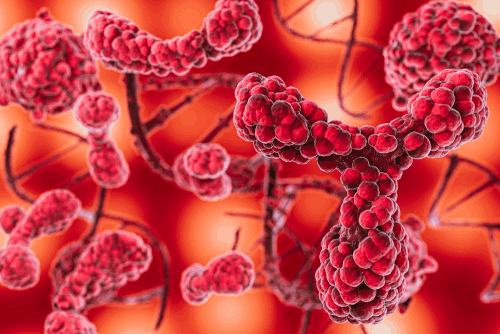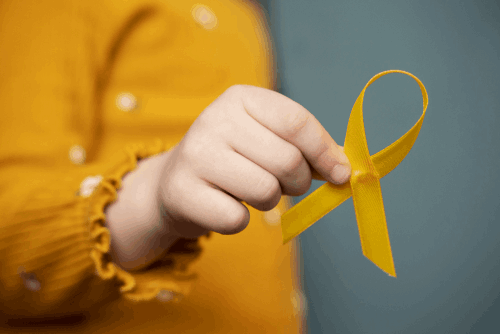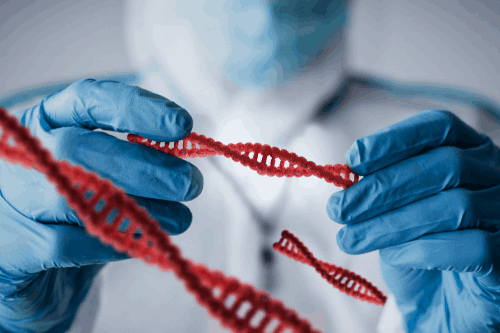News
10
Jul
Tips for Managing Chemotherapy Side Effects: Practical Advice for Nausea, Fatigue, and Hair Loss

Undergoing chemotherapy can be a challenging experience, and dealing with the side effects can add to the physical and emotional burden. While the effects of chemotherapy can vary from person to person, common side effects such as nausea, fatigue, and hair loss can significantly impact the quality of life for cancer patients. In this article, we will provide practical advice and suggestions to help manage these side effects, enabling individuals to cope better and maintain a sense of well-being throughout their treatment journey.
- Nausea: Nausea is one of the most common side effects of chemotherapy. Here are some tips to alleviate and manage it:
a) Eat small, frequent meals: Opt for several small meals throughout the day instead of three large ones. This can help prevent an empty stomach, which may trigger nausea.
b) Choose bland foods: Opt for easily digestible foods such as toast, crackers, rice, or broth. Avoid spicy, greasy, or strong-smelling foods that may worsen nausea.
c) Stay hydrated: Sip fluids throughout the day, and consider drinking ginger tea or peppermint tea, known for their calming effects on the stomach.
d) Medications: Consult your healthcare provider about anti-nausea medications, which can be taken before or after chemotherapy sessions to manage nausea effectively.
- Fatigue: Fatigue is a common and persistent side effect of chemotherapy. Here are some tips to help manage it:
a) Prioritize rest: Allow yourself ample time to rest and sleep. Listen to your body and give it the necessary time to recover.
b) Plan activities wisely: Schedule your activities during the times of day when you feel most energized. Delegate tasks to friends and family when possible, to conserve your energy.
c) Stay active: Engage in light exercises such as walking or gentle stretching. Physical activity can help combat fatigue and improve overall well-being.
d) Ask for help: Don't hesitate to ask for assistance with daily tasks or seek support from friends and family. They can provide practical help and emotional support during this time.
- Hair Loss: Hair loss is a visible and emotionally distressing side effect of chemotherapy. Here are some tips to cope with it:
a) Consider head coverings: Experiment with scarves, hats, or wigs to find a comfortable and stylish way to cover your head if desired.
b) Protect your scalp: Use sunscreen or wear a hat to protect your scalp from the sun and keep it moisturized to prevent dryness and irritation.
c) Embrace the change: Remember that hair loss is temporary, and it's a sign that your treatment is working. Experiment with new hairstyles, hair accessories, or even embrace a new look.
d) Seek support: Join support groups or connect with others who have experienced hair loss during chemotherapy. Sharing your feelings and experiences can provide comfort and empowerment.
Conclusion: Managing the side effects of chemotherapy is a crucial aspect of cancer treatment. By following these practical tips, individuals can find relief and better cope with common side effects such as nausea, fatigue, and hair loss. Remember to consult your healthcare provider for personalized advice and support throughout your chemotherapy journey. With proper management and a strong support system, you can navigate through the challenges of treatment and focus on your path to recovery.
Featured News

Uniting Against Cancer: How Cancer Communities Empower Patients and Families
we will explore the importance of cancer communities, how they empower patients and families, the support and resources they offer, and their role in promoting cancer awareness.
see more


Are there any emerging biomarkers that show promise for early disease detection or personalized medicine?
see more

